Find your academic zen.
Enhance your academic productivity, network, and career.
Enhance your academic productivity, network, and career.
Say goodbye to stress and missed deadlines
See how we transform academic careers:
You just sign up via this page. You will immediately join the club through the free plan we offer.
Yes, we will always be offering a free plan.
We provide events around academic work and academic careers, co-working sessions, match-making services with peers and, in general, a helpful, supportive group for you to grow.



